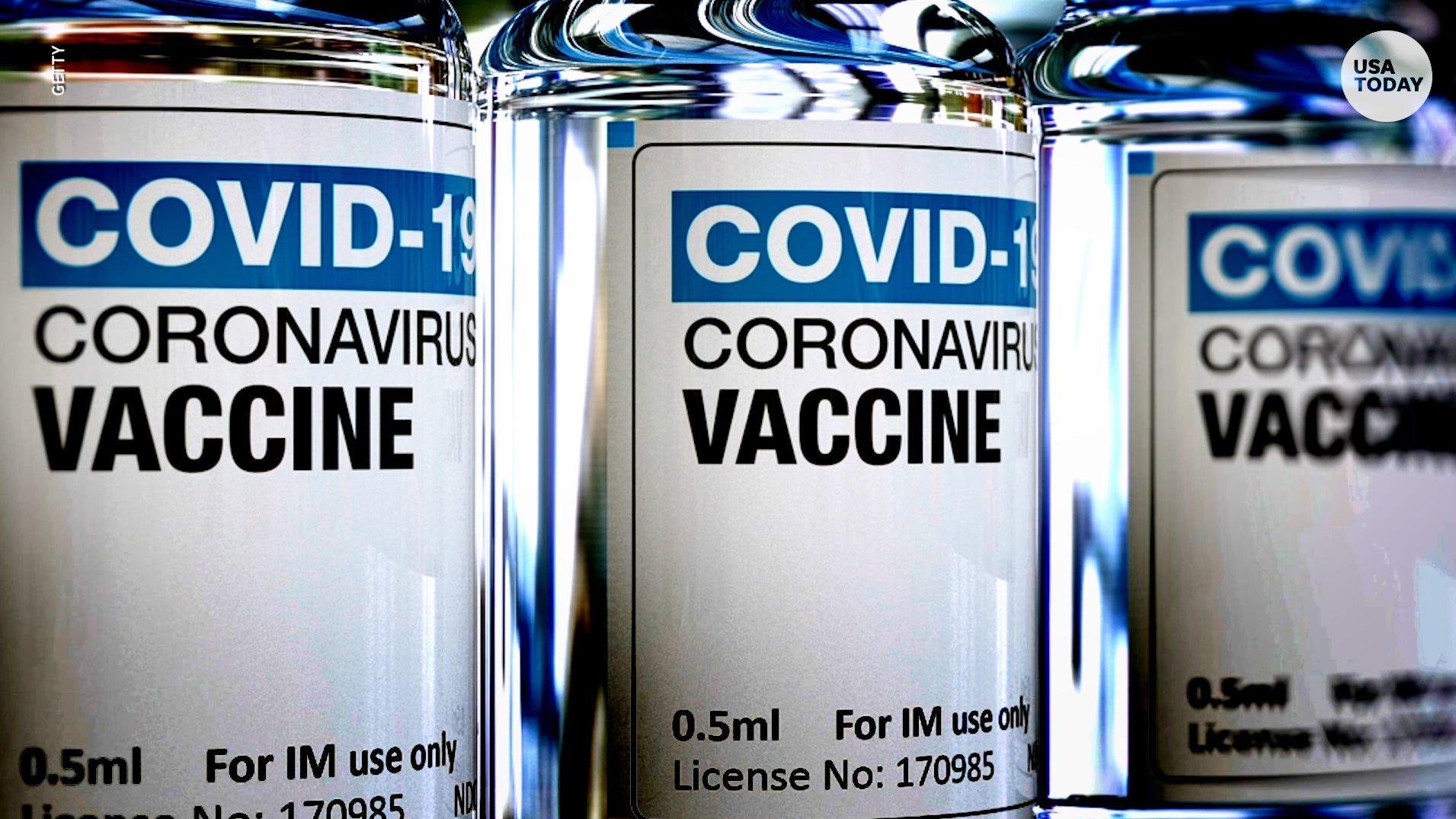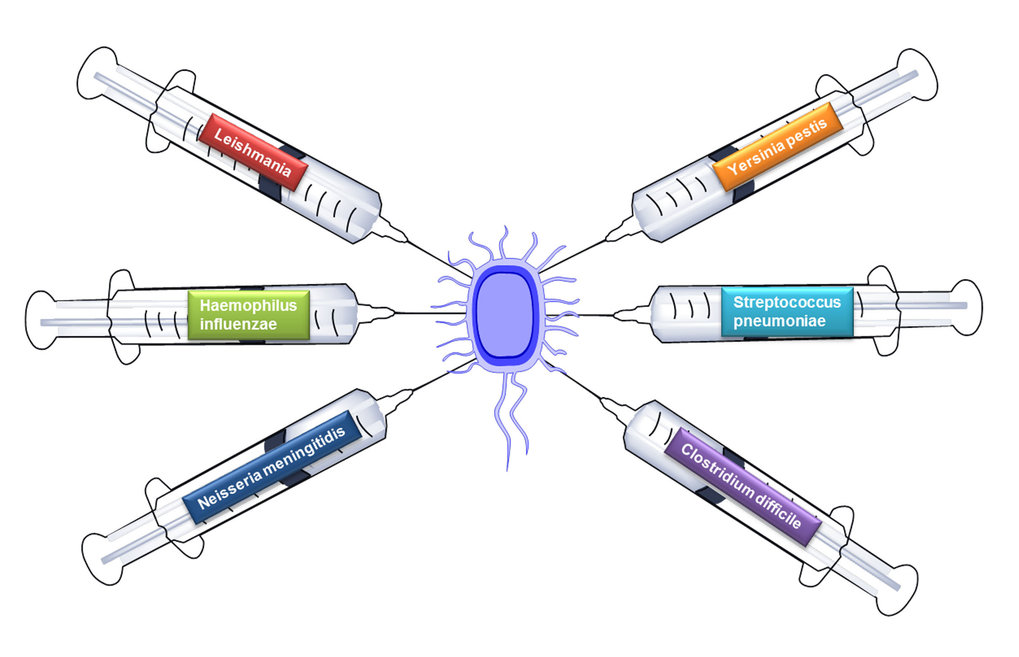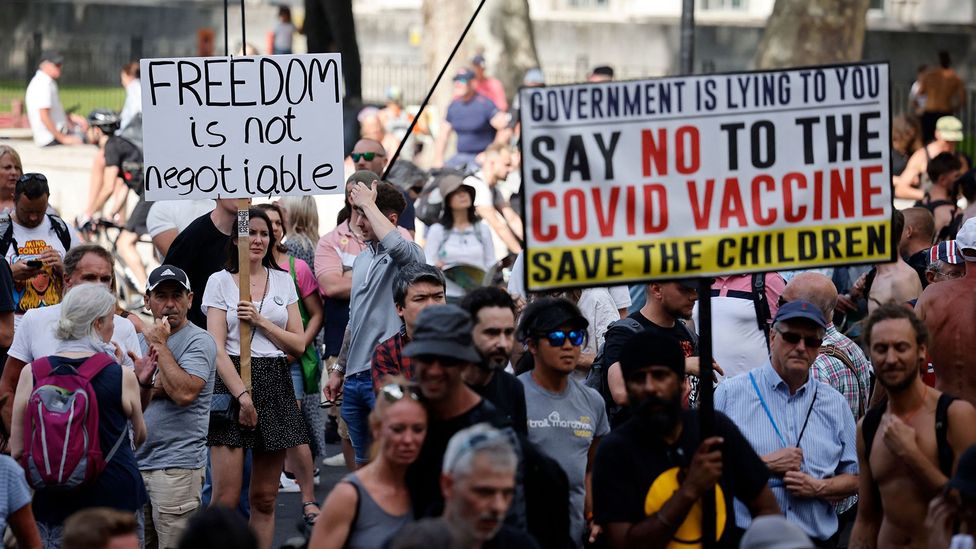In a world where zombies threaten humanity, the phrase "only my vaccine can save the zombie world" has become more than just a slogan—it’s a lifeline. As the global population faces an unprecedented crisis, the development of vaccines to combat the zombie virus is at the forefront of survival efforts. This article delves into the science, strategy, and significance of vaccines in the fight against the undead apocalypse.
The concept of creating a vaccine to stop the spread of the zombie virus is not only fascinating but also crucial for understanding how humanity can reclaim its future. With the stakes higher than ever, scientists, researchers, and governments are working tirelessly to develop a solution that could turn the tide in favor of the living.
Whether you're a fan of post-apocalyptic fiction or someone genuinely interested in the science behind combating pandemics, this article will provide you with a comprehensive understanding of why vaccines are humanity's best chance in the zombie world. Let's explore how innovation and resilience can save us all.
Read also:Watch Ullu Web Series Online A Comprehensive Guide To Indias Hottest Streaming Platform
Table of Contents
- Introduction to Zombie Vaccines
- The Science Behind Zombie Viruses
- Key Players in Zombie Vaccine Research
- Types of Zombie Vaccines
- Challenges in Developing Zombie Vaccines
- Success Stories and Milestones
- Only My Vaccine Can Save the Zombie World
- How to Prepare for a Zombie Apocalypse
- Ethical Considerations
- Conclusion and Next Steps
Introduction to Zombie Vaccines
When discussing the phrase "only my vaccine can save the zombie world," it's essential to understand the role of vaccines in stopping pandemics. Vaccines have been instrumental in eradicating diseases like smallpox and controlling others such as polio. In the context of a zombie outbreak, a vaccine would serve as a critical tool to prevent the spread of the zombie virus.
Experts believe that a successful vaccine would need to target the specific strain of the virus causing the outbreak. By understanding the virus's structure and behavior, scientists can design a vaccine that triggers the immune system to fight off the infection effectively.
Why Vaccines Are Crucial in the Zombie Apocalypse
Vaccines are not only about saving lives but also about maintaining societal order. Without a vaccine, the zombie virus could spread uncontrollably, leading to chaos and devastation. The development of a vaccine ensures that humanity has a fighting chance against the undead threat.
The Science Behind Zombie Viruses
The zombie virus, often depicted in movies and books, is a fictional concept. However, the principles of virology and immunology can be applied to understand how such a virus might function. Scientists believe that a real-life zombie virus could potentially emerge from existing pathogens that mutate under certain conditions.
Understanding the biology of viruses, their transmission methods, and their impact on the human body is crucial for developing effective countermeasures. Researchers study various aspects, including:
- How the virus enters the host
- How it replicates within the host
- How it affects the brain and nervous system
Key Characteristics of a Zombie Virus
A zombie virus would likely have the following characteristics:
Read also:Aisha Sofey Erome A Rising Star In The Entertainment Industry
- Rapid transmission through bites or bodily fluids
- Targeting the central nervous system
- Causing aggressive behavior and loss of cognitive function
Key Players in Zombie Vaccine Research
Several organizations and institutions are at the forefront of zombie vaccine research. These include government agencies, private companies, and academic institutions. Collaborative efforts are essential for pooling resources and expertise to accelerate the development process.
Some of the key players in this field include:
- World Health Organization (WHO)
- Centers for Disease Control and Prevention (CDC)
- Biotech companies specializing in vaccine development
Collaborative Efforts in Vaccine Development
Collaboration is vital in the development of zombie vaccines. By sharing data and resources, researchers can overcome challenges more efficiently. Public-private partnerships have been instrumental in advancing vaccine technology and bringing innovative solutions to the table.
Types of Zombie Vaccines
There are several types of vaccines that could potentially combat the zombie virus. Each type has its advantages and disadvantages, depending on factors such as production speed, effectiveness, and safety. The most common types include:
- Inactivated vaccines: Contain killed versions of the virus, making them safe but less effective.
- Live attenuated vaccines: Use weakened forms of the virus, offering strong immunity but with higher risks.
- mRNA vaccines: Deliver genetic instructions for producing antigens, enabling rapid development.
Advantages of mRNA Vaccines
mRNA vaccines have gained popularity due to their ability to be developed quickly and effectively. They offer several advantages:
- Highly adaptable to new virus strains
- Can be produced at scale with modern technology
- Minimizes the risk of introducing live virus particles
Challenges in Developing Zombie Vaccines
Despite the advancements in vaccine technology, several challenges remain in developing a zombie vaccine. These challenges include:
- Understanding the exact nature of the zombie virus
- Ensuring the vaccine is safe and effective for all populations
- Overcoming logistical hurdles in distribution and administration
Scientists must address these challenges to ensure that the vaccine can be deployed effectively in the event of a zombie outbreak.
Logistical Challenges
Logistics play a critical role in vaccine distribution. Ensuring that vaccines reach remote areas and underserved populations is a significant challenge. Innovations in cold chain technology and transportation methods are essential for overcoming these obstacles.
Success Stories and Milestones
Throughout history, vaccines have been instrumental in combating deadly diseases. Success stories such as the eradication of smallpox and the control of polio provide valuable lessons for zombie vaccine development. These milestones demonstrate the power of vaccines in transforming public health.
Recent advancements in mRNA technology have paved the way for rapid vaccine development, offering hope for addressing future pandemics, including a potential zombie outbreak.
Lessons from Past Pandemics
Learning from past pandemics can inform strategies for combating the zombie virus. Key takeaways include:
- The importance of global cooperation
- The need for rapid response mechanisms
- The value of investing in vaccine research and development
Only My Vaccine Can Save the Zombie World
The phrase "only my vaccine can save the zombie world" encapsulates the belief that a vaccine is humanity's best chance against the undead threat. By harnessing the power of science and innovation, researchers can develop a vaccine that not only protects individuals but also preserves the fabric of society.
Investing in vaccine research is not just about preparing for a fictional apocalypse; it's about ensuring that humanity is equipped to handle any future pandemic. The lessons learned from zombie vaccine development can be applied to real-world scenarios, enhancing global health security.
The Role of Innovation in Vaccine Development
Innovation is at the heart of vaccine development. From new technologies to novel approaches, researchers are constantly pushing the boundaries of what is possible. This commitment to innovation is crucial for addressing the challenges posed by emerging pathogens, including the hypothetical zombie virus.
How to Prepare for a Zombie Apocalypse
While the concept of a zombie apocalypse may seem far-fetched, preparing for such an event can help individuals and communities build resilience. Preparations include:
- Stockpiling essential supplies
- Developing emergency response plans
- Staying informed about potential threats
By taking these steps, individuals can increase their chances of survival in the event of a real or fictional crisis.
Essential Supplies for Survival
Having the right supplies on hand is critical for surviving a zombie outbreak. Consider stocking up on:
- Non-perishable food and water
- Medical supplies and first-aid kits
- Communication devices and backup power sources
Ethical Considerations
The development and distribution of zombie vaccines raise important ethical questions. Ensuring equitable access to vaccines is a fundamental concern, as is addressing potential side effects and long-term impacts. Ethical considerations must be at the forefront of all vaccine-related decisions.
Researchers and policymakers must work together to create guidelines that prioritize fairness and justice in vaccine distribution. This includes addressing disparities and ensuring that marginalized communities are not left behind.
Addressing Disparities in Vaccine Access
Disparities in vaccine access can exacerbate existing inequalities. Strategies to address these disparities include:
- Implementing targeted outreach programs
- Providing education and resources to underserved communities
- Ensuring affordability and accessibility of vaccines
Conclusion and Next Steps
In conclusion, the phrase "only my vaccine can save the zombie world" highlights the critical role that vaccines play in combating pandemics, both real and fictional. By understanding the science behind zombie viruses, supporting research efforts, and preparing for potential threats, humanity can increase its chances of survival in the face of adversity.
We encourage readers to take action by staying informed, supporting vaccine research, and sharing this article with others. Together, we can build a safer and more resilient future. For more insights, explore our other articles on global health and preparedness.


